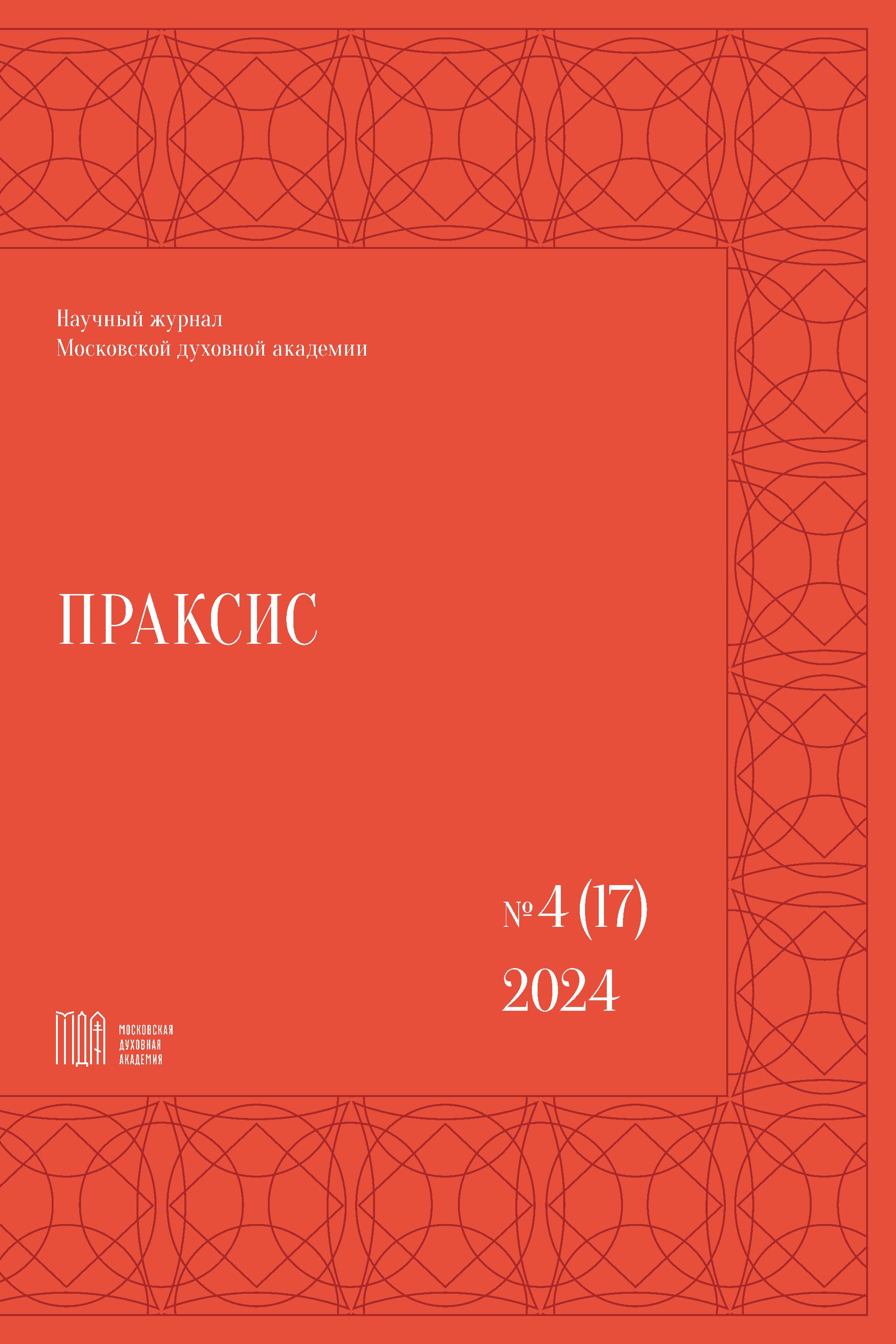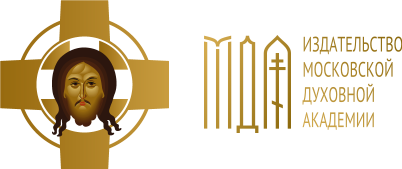Preface by the Editor-In-Chief
Abstract
A participant in the famous collection "Milestones", the Russian lawyer B. Kistiakovsky, noted back in 1909: "Law cannot be placed alongside such spiritual values as scientific truth, moral excellence, and religious sanctity. But spiritual culture does not consist of valuable contents alone. A significant part of it consists of valuable formal properties of intellectual and volitional activity. And of all formal values, law, as the most fully developed and almost concretely tangible form, plays the most important role." Kistiakovsky's words cannot fail to attract the mention of volitional activity as a characteristic of law. The lack of access to the approval of the law is another reason for the current crisis of law in general and legal awareness in particular. The development of judicial practice, the designation of the principles of legal hermeneutics, the study of seemingly familiar and understandable traditional areas of legal science — canon law is not exempt from all these tasks.
The disciplines of the circle of practical theology, despite their apparent distance from each other, help to cultivate the taste and skills of such volitional activity. In this sense, both students and teachers of master's degree programs studying canonics, liturgics, church art and singing, or political theology face different conditions and face the same challenges.
Some of the solutions to these problems are on the pages of the new issue of our magazine.
Archpriest Alexander Zadornov,
Head at the Department of Ecclesiastical and Practical Disciplines at the Moscow Theological Academy
Downloads
Downloads
Published
How to Cite
License

This work is licensed under a Creative Commons Attribution-ShareAlike 4.0 International License.







